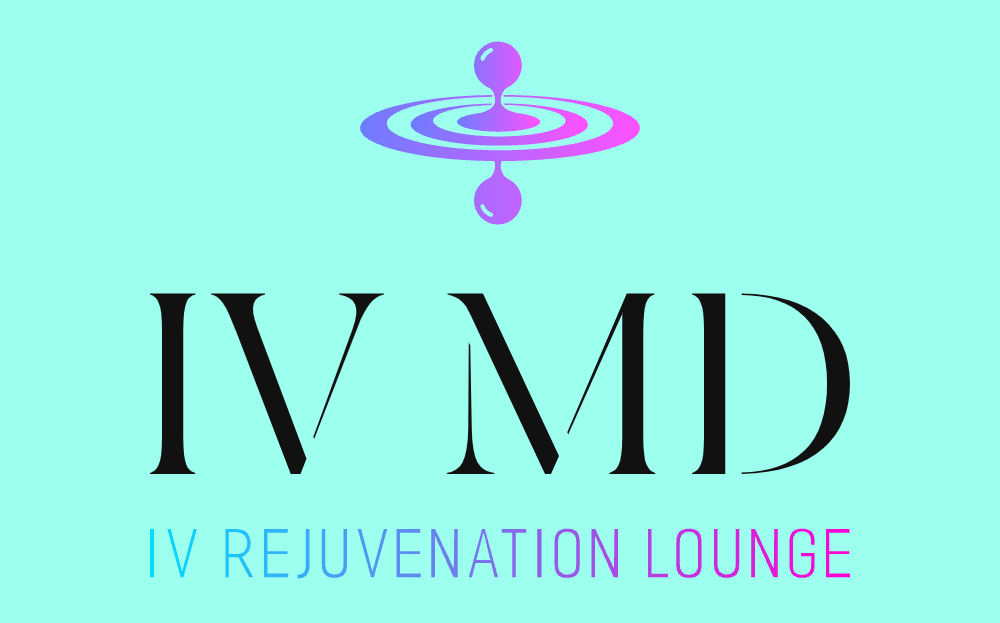Vitamin C FAQs
Overview
Ascorbic acid, also known as vitamin C, is a water-soluble vitamin that plays a crucial role in various physiological functions within the human body, including maintaining the health of skin, teeth, bone, cartilage and blood vessels. It is an essential nutrient, meaning that it cannot be synthesized by the body and must be obtained through diet or supplements.
Ascorbic acid is found naturally in many fruits and vegetables, especially citrus fruits, kiwi, broccoli, tomatoes, leafy vegetables, potatoes, brussels sprouts, raw bell peppers and strawberries. It is also commonly added to various foods and beverages as a nutritional supplement. Most people get sufficient ascorbic acid through their diet. Others may not be able to absorb enough through diet or ingestible supplements and may suffer from vitamin C deficiency as a result. In these cases, ascorbic injections may be prescribed.
What is Ascorbic Acid (Vitamin C)?
Ascorbic acid is a powerful antioxidant, meaning it helps protect cells from damage caused by free radicals. Free radicals are unstable molecules that can lead to oxidative stress and contribute to various chronic diseases, such as heart disease, cancer, and certain neurological disorders. It also plays a vital role in the synthesis of collagen, a protein found in connective tissues, skin, blood vessels and bones. Collagen is essential for wound healing, maintaining healthy skin, and supporting the structure and integrity of various body tissues. Ascorbic acid aids in the absorption of dietary iron, particularly non-heme iron found in plant-based foods, by converting it into a more absorbable form and increasing its bioavailability. This makes it especially important for individuals following vegetarian or vegan diets to ensure adequate vitamin C intake, as they may have a higher risk of iron deficiency.
Vitamin C is well-known for its role in supporting the immune system. It enhances the production and function of white blood cells, which are crucial for fighting off infections and pathogens. Ascorbic acid also helps boost the activity of other antioxidants in the body, further supporting immune function. It has been associated with several other potential health benefits, including reducing the risk of chronic diseases, such as cardiovascular disease, age-related macular degeneration and certain types of cancer, and may also have anti-inflammatory properties that play a role in supporting brain health.
FSA & HSA payments accepted
All services provided have not been evaluated by the Food and Drug Administration. These products are not intended to diagnose, treat, cure or prevent any disease. The material on this website is provided for informational purposes only and is not medical advice. Always consult your physician before beginning any treatment or therapy program. Any designations or references to therapies are for marketing purposes only and do not represent actual products.
All Rights Reserved | IV MD, LLC
